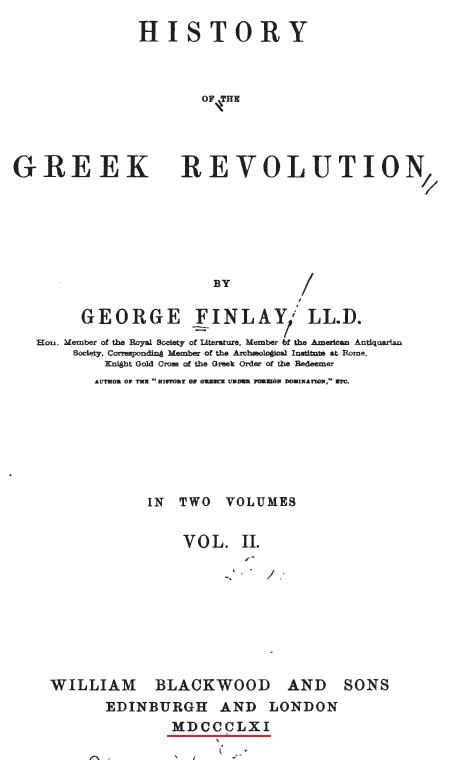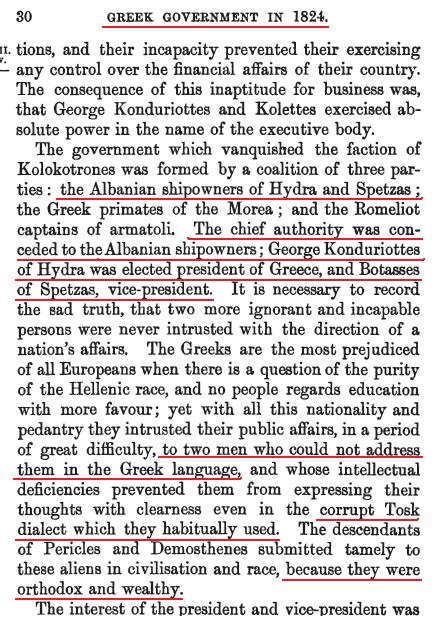Thrakian
Makedonec breee
wenn postieren wir sehr alte Historischer Bücher, die sehr schweer ist zu finden , Sie sagen : eh zu alt ( wie Grobar sagt) , wenn wir postieren von Größeres bekannte Linguisten die alte pellasgischer Sprache mit albanisch ähnlich ist , wie von erste seite in diese Thread sagt ihr immer wider , wo sind beweisen
Habt ihr gelesen ? = NEIN , darum fragt ihr
Wen ich postier jetzt linguisten von heutiger tage , was sagt ihr , wider nicht ?
Questions:
What's the "oldest language"?
How old is language?
Answer provided by Elizabeth Pyatt, Pennsylvania State University
What's the "oldest language"?
In my opinion, we don't know the answer to this question, although some people will give one anyway. Here are some criteria people use, and reasons why linguists don't think they really work.
Oldest Written Form
But all of this is irrelevant, because writing is not equal to speaking.
In 3200 BC, there were many, many languages spoken besides Sumerian and Egyptian, but they weren't fortunate enough to have a writing system. These languages are just as old. To take one interesting case, the Albanian language (spoken north of Greece) was not written down until about the 15th century AD, yet Ptolemy mentions the people in the first century BC.* The linguistic and archaeological evidence suggests that Albanians were a distinct people for even longer than that. So Albanian has probably existed for several millennia, but has only been written down for 500 years. With a twist of fate, Albanian might be considered very "old" and Greek pretty "new".
Ask A Linguist FAQ: Oldest Language
=======================================================
Dr. Stefan Schumacher Austrian Science Fund FWF
Mag. Stefan Bernhardt
University of Vienna nstitute of Linguistics / Indo-European Studies
stefan.schumacher@univie.ac.at
(Old) Albanian - Living legacy of a dead language?
According to the central hypothesis of a project undertaken by the Austrian Science Fund FWF, Old Albanian had a significant influence on the development of many Balkan languages. Intensive research now aims to confirm this theory. This little-known language is being researched using all available texts before a comparison with other Balkan languages is carried out. The outcome of this work will include the compilation of a lexicon providing an overview of all Old Albanian verbs.
Different languages in the same geographical area often reveal certain similarities, despite there being no evidence of a common origin. This phenomenon, known as "Sprachbund", is also evident in the Balkan region where the Albanian, Greek, Bulgarian, Macedonian and Romanian languages display common words and structures. The question is whether these languages have influenced one another, or whether one specific language has been decisive in shaping the evolution of the others?
A project by the Department of Linguistics at the University of Vienna aims to prove that (Old) Albanian was a major influence on the other Balkan languages. Linguist Dr. Stefan Schumacher and his colleague Dr. Joachim Matzinger are undertaking pioneering research in two key areas. The initial stage involves an in-depth examination of Old Albanian, as research into this language is extremely scarce in comparison to modern Albanian. This includes an analysis of the Old Albanian verbal system using all available written sources - the first study of its kind. In the second stage, the results are compared with the verbal systems of the other Balkan languages to establish where similarities occur......
Hier noch was fur De_La_GreCo
The Enigma of Pelasgians and Etruscans, Albanians
Hier Italienisch :
Enigma dei Pelasgi e degli Etruschi, Albanesi
Du bist mir noch paar antworten schuldig, versuch dich mal daran bevor wir zu neuen ufern aufbrechen.




